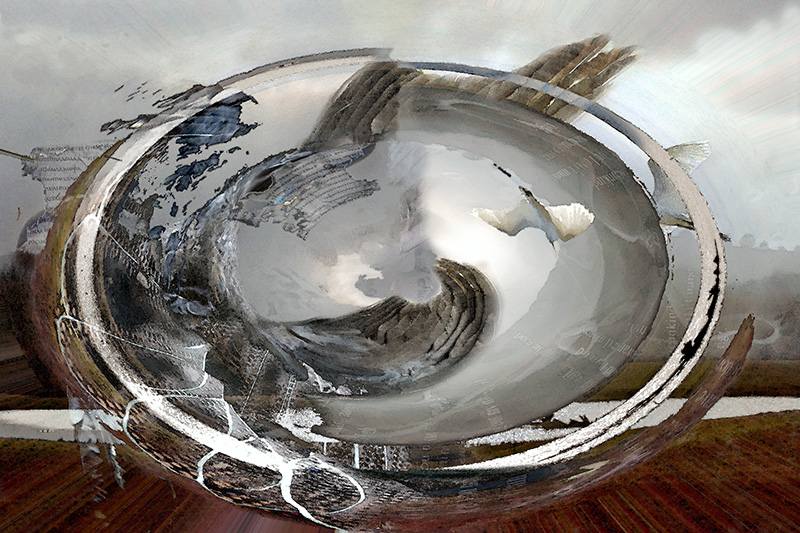
Lately we have seen a number of disturbing decisions both in the national and international arena. So I decided to think through some aspects of decision making this week, putting on my cognitive psychologist hat. Being aware of the factors that influence judgment and decision making might help us to stick to a more rational path. Dream on? Hey, a woman is allowed to dream!
Obviously the Brexit vote has triggered some of my thoughts, as has our own election campaign – I want to emphasize, though, that errors in judgment and decision making affect almost every aspect of daily life, from health care choices, work place decisions, to consumerism, for all of us. Never mind the anti-science stances, the false beliefs about climate change, the prejudices that ignore facts and reason.
One of the factors influencing how we decide is called framing. It refers to the ways a problem is presented, and how manipulations of that representation can push us into choosing a particular outcome. We can, for example, present a scenario that has a positive outcome if we do x; or we can focus on a scenario that has a negative outcome if we do y. The classic case, offered by Tversky and Kahneman, on whose research I am reporting overall, was called the Asian disease problem (I always thought of it as the bird flu). Faced with an epidemic, people were asked to choose between medical programs that either guaranteed so many lives saved (200 out of 600) or gambled on the (1/3)probability that all lives would be saved and (2/3)probability that no lives would be saved. Overwhelmingly people opted for program A that secured 200 lives. So far so good – here is the rub: if you present the exact statistics in terms of number of lives lost rather than saved (400 in program A), people flip their decision and go for the gambling option of probabilities.

In simpler words: if you frame an outcome as a gain, you are risk-averse, trying to secure what’s dangling in front of you. If you are confronted with a frame that flags loss, you are risk-seeking, willing to take a chance to avoid the threatened loss. Note that your decision was not rationally based on changing facts – they remained the same. All that changed was our focus on potential positive vs negative outcomes, pushing us into very different choices. More on that with real life applications tomorrow.







Lee Musgrave
This is a fascinating topic… very similar to one of my favorites… “taking advantage of chance”… and all three of your montages are wonderful.
Tricia
The image at the top of the blog takes my breath away.